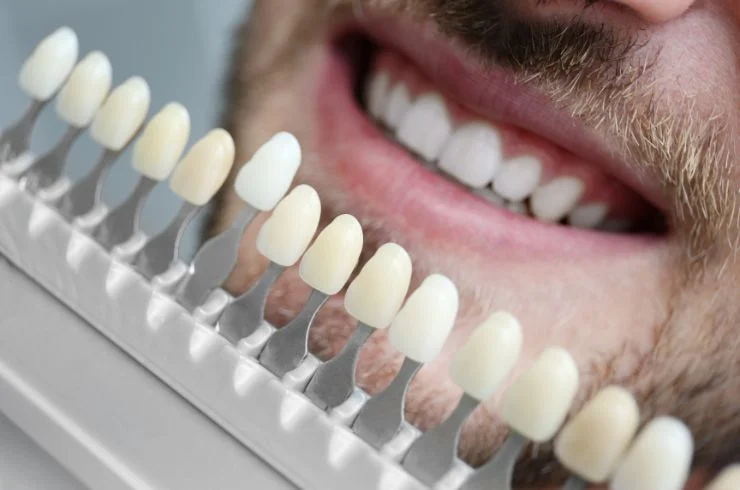
What are Veneers?
Veneers are thin, custom-made shells designed to cover the front surface of teeth, improving their appearance. Typically made from porcelain or composite resin, veneers are bonded to the teeth to correct a variety of cosmetic issues, such as discoloration, chips, gaps, and misalignment. They provide a natural-looking enhancement, allowing patients to achieve a beautiful smile.
Types of Veneers
There are two primary types of veneers:
Benefits of Veneers
How are Veneers Applied?
The process of applying veneers typically involves several steps:
Who Should Consider Veneers?
Veneers are ideal for individuals looking to enhance their smile due to imperfections like discoloration, chips, gaps, or slightly misaligned teeth. They are suitable for patients with good oral health who want a cosmetic improvement. A consultation with a dentist will help determine if veneers are the right choice for individual needs.
Care and Maintenance
Maintaining veneers is similar to caring for natural teeth. Regular brushing, flossing, and dental check-ups are essential to keep them in good condition. Patients should avoid habits like biting nails or chewing hard objects to prevent damaging the veneers. With proper care, veneers can provide a long-lasting solution for achieving a beautiful smile.